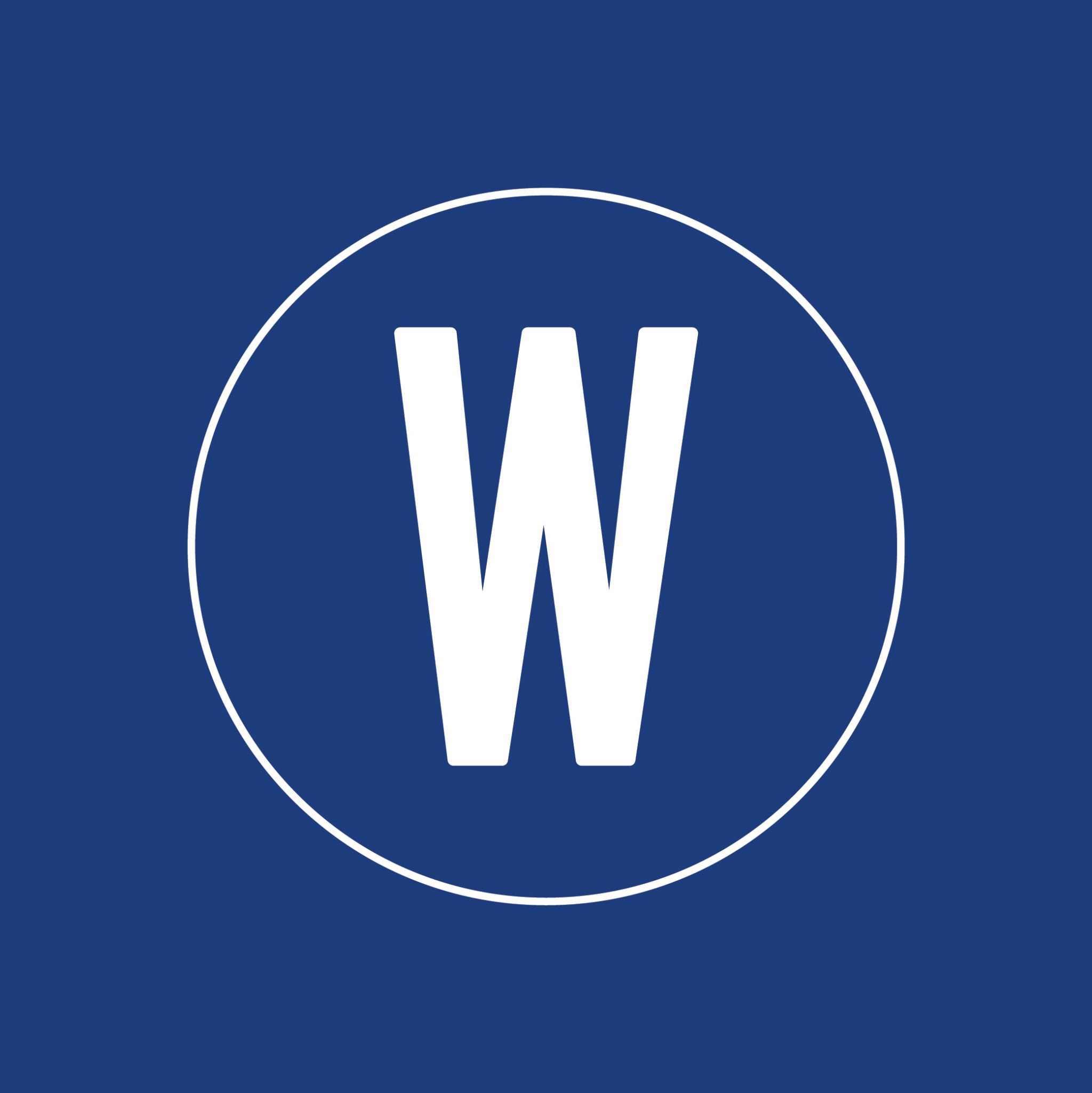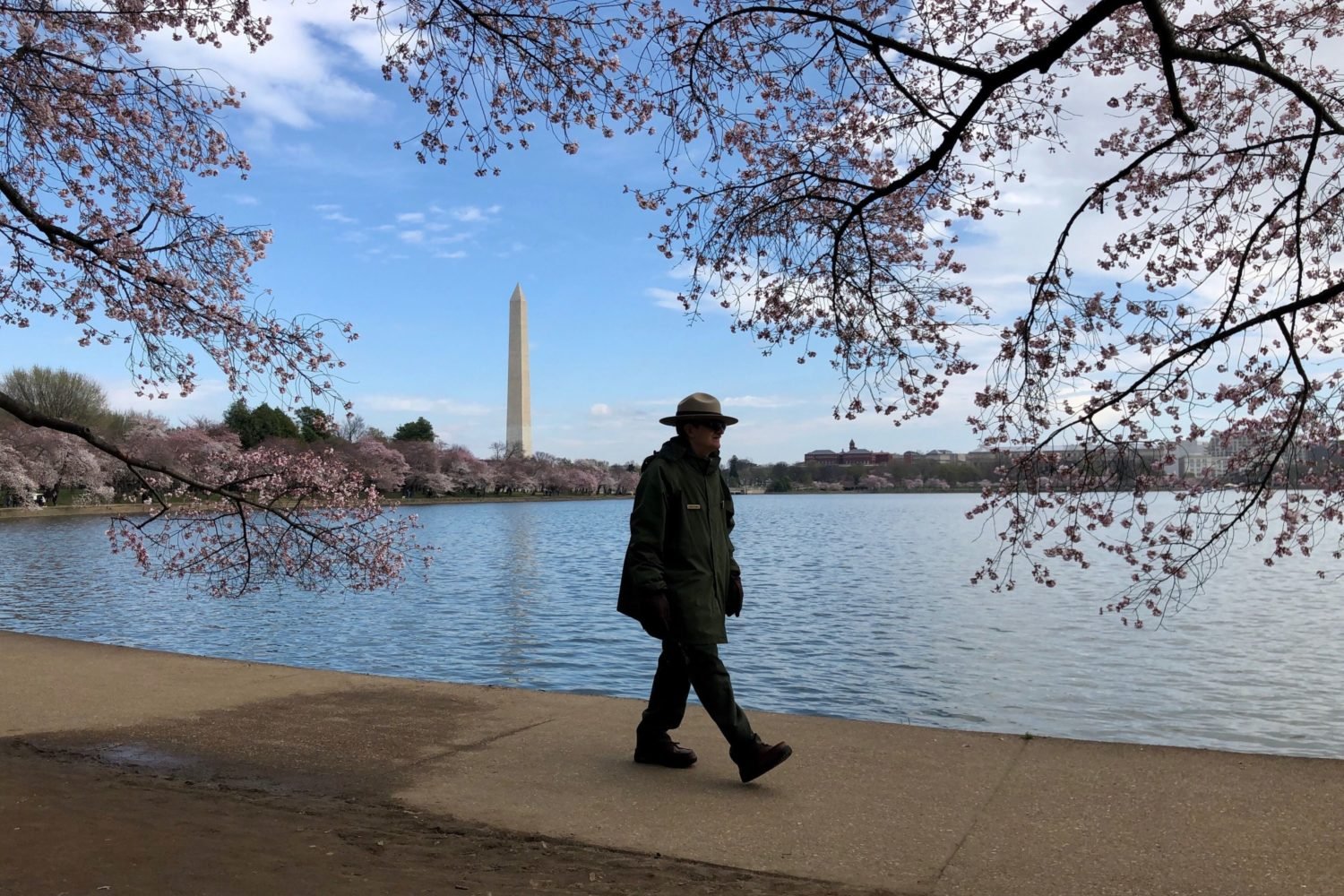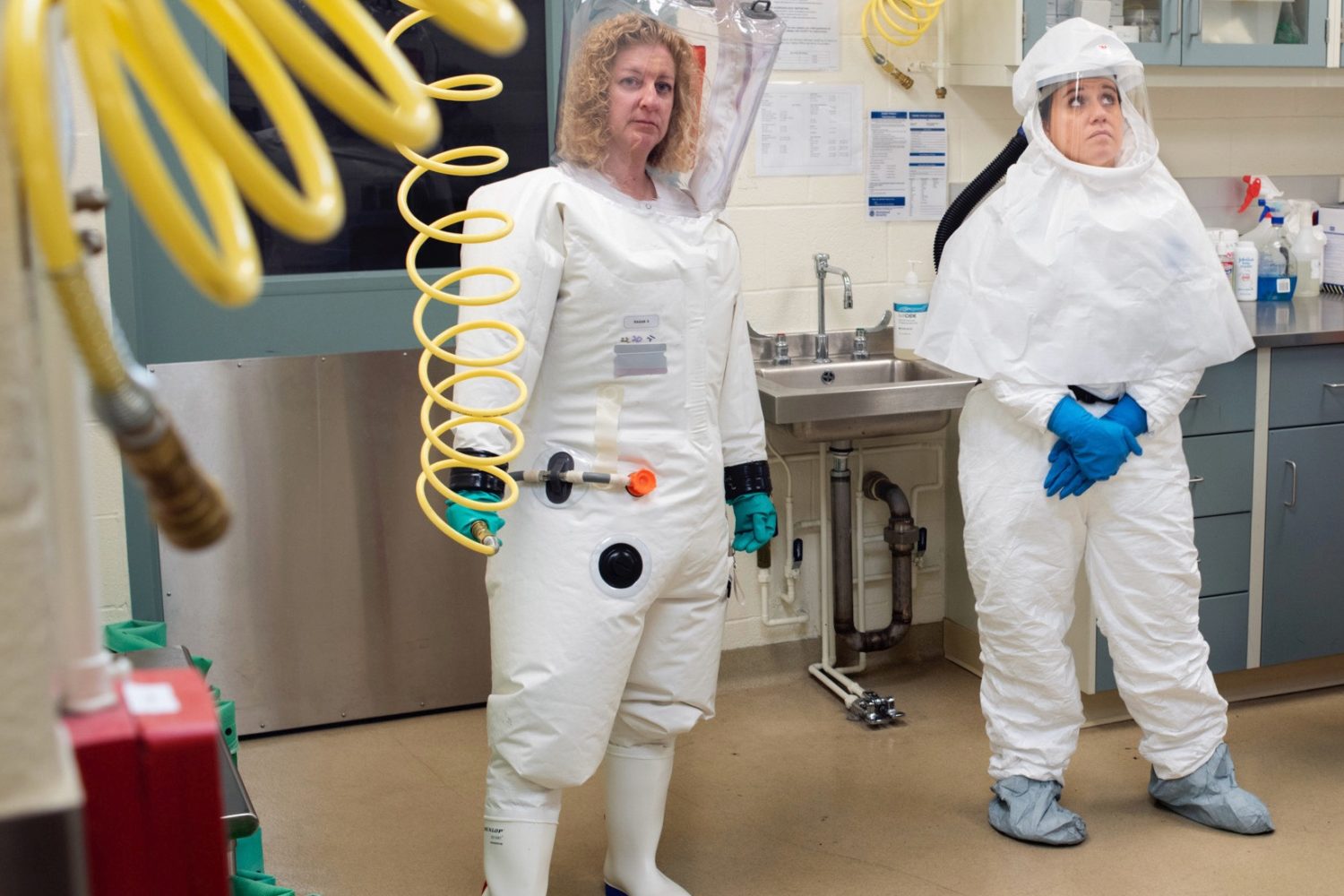About Coronavirus 2020
Washingtonian is keeping you up to date on the coronavirus around DC.
As more states, and now the District, close “nonessential” businesses as part of the effort to slow the spread of coronavirus, some confusion surrounds the definition of what is, in fact, “essential.” Individual states and districts are entitled to create their own rules and restrictions in regards to essential versus nonessential, but federal guidelines from the Department of Homeland Security provide a baseline.
When Governor Larry Hogan announced the closure of all non-essential businesses on Monday, he noted that the state will keep open what’s considered “essential critical infrastructure” by federal standards. (He later clarified the list of essential businesses here.) Soon after, Governor Ralph Northam announced the closure of some, but not all non-essential businesses in Virginia—primarily allowing nonessential retail stores that can operate with fewer than 10 patrons inside at a time to remain open—and further clarified that list of businesses here. On Tuesday, DC Mayor Muriel Bowser announced the closure of nonessential businesses. We’ll update this article with that list of inclusions, and the date/time those restrictions will become effective, when it becomes available.
Per the federal memorandum, essential businesses include those in the sectors of:
- healthcare/public health
- law enforcement/public safety
- food and agriculture (this includes restaurants serving carry out and food deliveries, as well as stores that sell pet food and animal feed, etc.)
- energy
- water and wastewater
- transportation and logistics (this includes mass transit workers, auto repair shops, postal and shipping workers, and more)
- public works
- communications and information technology
- other community-based government operations and essential functions
- critical manufacturing
- hazardous materials
- financial services (bank and lending services, insurance companies, etc.)
- chemical
- defense industrial base



















